Simple beef tallow soap recipes
When a friend taught me to make soap, she just taught me to follow a simple recipe using tallow, olive oil and coconut oil, with the cold process method. We have been using that soap in the bath and in a soap shaker for doing the dishes, and its surprising how fast we use it, so it was time to make some more. I rendered the rest of the tallow in the slow cooker again and read a book about soap making, so that I could figure out my own recipe this time.
How is soap made?
It helps to have a basic understanding of the soap making process before you start. To make a soap, fat or oil is reacted with caustic, this forms the solid soap, glycerine, and if any of the starting ingredients are in excess, they will also remain in the final product (so if you have too much caustic, there will be some caustic in the final soap, and if you have too much fat, there will be some fat in the final soap - this is called superfat). In this post I am only talking about cold process soap making, which involves mixing the oil/fat and caustic when they are a similar temperature and does not require any cooking.
 |
| My soap fresh from the moulds (and the soap shaker again) |
Which fats and oils to use and in what ratio?
I read about the properties of all the different fats and oil that I could use for different purposes. If you are interested in soap making, I recommend that you research all the fats and oils that are available to you and figure out which to use for different applications. I prefer to use a mixture of fats and oils that are relatively cheap and easy for me to buy, as well as being suitable for the type of soap I want to make. This is what I found out about the fats and oils that I wanted to use:
Tallow - hard and longlasting soaps, good cleaning qualities, creamy lather, might retain animal smell (I haven't noticed this in my tallow soap so far)
Olive oil - hard and longlasting soaps, need long curing time and may take longer to reach "trace", minimal lather, good cleaning qualities
Coconut oil - hard soap, good lather, soap may dissolve easily if high in coconut oil (never use more than 30%)
How much caustic to use?
To calculate the amount of caustic you need, you first work out the amount of each fat or oil you will use in grams. Each fat or oil has a "saponification value", which tells you how much caustic (in grams) you need for each gram of fat or oil. For example, beef tallow has a saponification value of 0.140, which means you need 0.140 grams of caustic for every gram of beef tallow in the recipe.
Here's how to work it out for an example recipe of 250g olive oil, 250g coconut oil and 500g tallow
Fat/oil Amount Sap value Caustic amount Total caustic (0% superfat)
Olive oil 250g 0.134 33.5
Coconut oil 250g 0.192 48
Beef tallow 500g 0.140 70
151.5
What about superfat?
Superfat refers to adding EXTRA oil or fat, to ensure that the final soap product has some oil or fat content, rather than caustic. Soaps used for the skin typically have a higher superfat rating (6%) than soaps used for cleaning (2%). However, as you start with the amount of oil or fat and then work out the caustic, when you use the superfat rating, you effectively reduce the amount of caustic rather than increasing the amount of oil or fat. In the example above, a 6% superfat rating results in the caustic being adjusted by 151.5x(100-6)/100=142g.
How much water to use?
Water is used to dissolve the caustic so that it can mix with the oil and fat. If too little water is used, the fat and oil may not mix sufficiently to form the soap. Too much water may prevent the soap from setting properly. Water for cold process soap is usually 30-33% of the total oil and fat amount. For the recipe above, the water should be 300-333g.
My two recipes for handmade natural tallow soap
Based on the above information, I formulated two recipes, one for a bath soap and one for a cleaning soap. If you want to use these recipes, you need to follow them exactly. If you make any changes to the fat or oil used, then you need to recalculate the caustic and water, as described above. Please make sure you understand the process before you attempt to formulate a soap recipe.
Natural Tallow Bath Soap Recipe
250g olive oil
250g coconut oil
500g tallow
6% superfat
142g caustic
300-330g water
lavender essential oil
Natural Tallow Cleaning soap
250g olive oil
750g tallow
2% superfat
136g caustic
300-330g water
eucalyptus essential oil
Now I'm curious, what type of fat and oil do you like to use in your handmade soaps and why?
You can find out more about tallow soap in my eBook Make your own natural soap
Other posts about soap:
















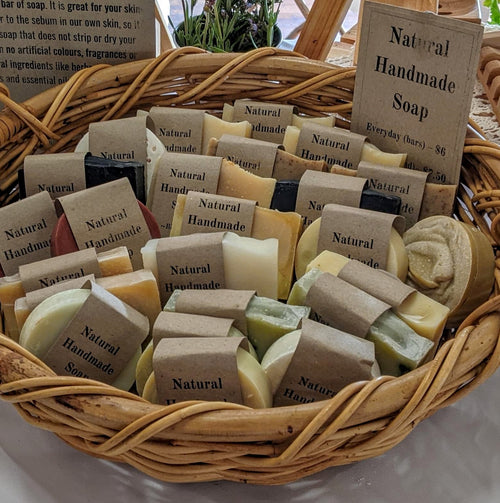
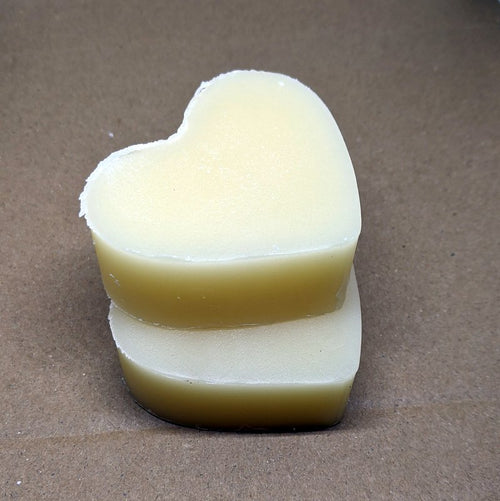
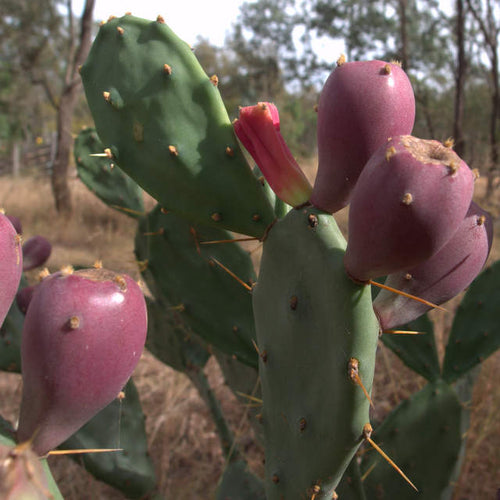
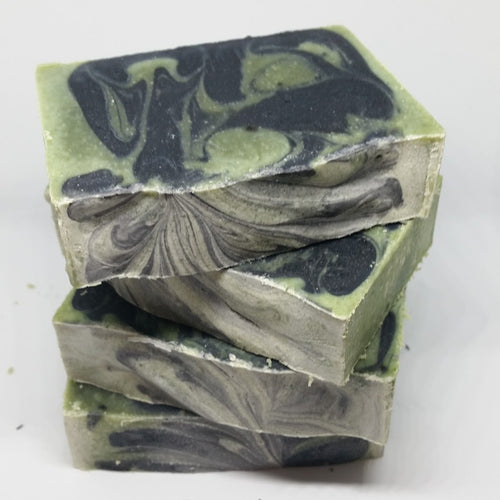
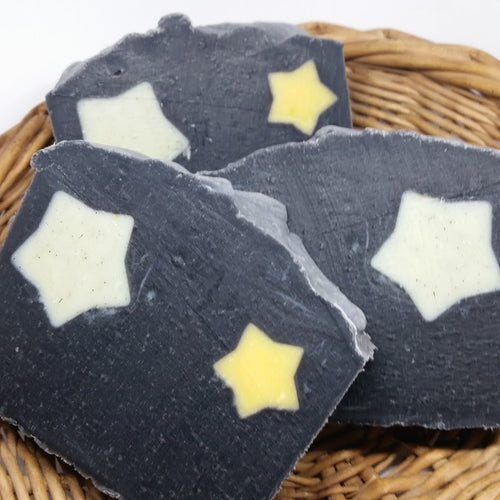



Leave a comment